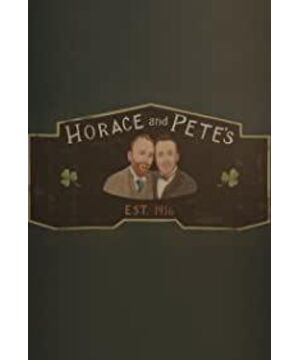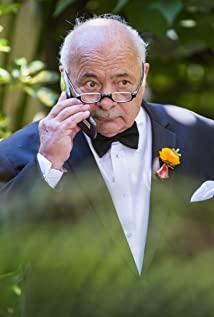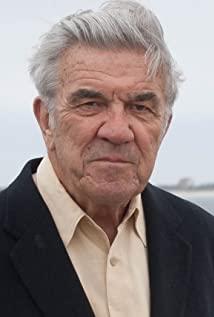Orthodox film theory believes that it is a weak performance that dialogue promotes the plot. If you can use the picture to explain things clearly, don't use dialogue. This creative theory is regarded as a truth and is found in various film books, and students who have just learned film are often advised by their teachers.
With Rohmers, however, the creative field of filmmakers has been greatly expanded. For the first time in the film, a kind of "boring" is allowed. In traditional movies, dialogue must serve a theme, a character, and a story line. And in "Hundred Years Tavern", in Rohmer's films, the dialogue may just be the "people" (not "characters") in it who want to say so. Politics, culture, philosophy, etc. are all casually chatting, seemingly unintentional, but in fact it enhances the audience's sense of substitution, because this is our real life--there is no obvious succession and transformation. Compared with ordinary films, their films show a richer meaning.
Of course, the Rohmers and the "Hundred Years Tavern" have different dialogue styles in detail. This "Hundred Years Tavern" has a "mourning" temperament in "Horse Man", full of embarrassing humor, and expressing an absurd taste of life. I think that's the key.
View more about Horace and Pete reviews











